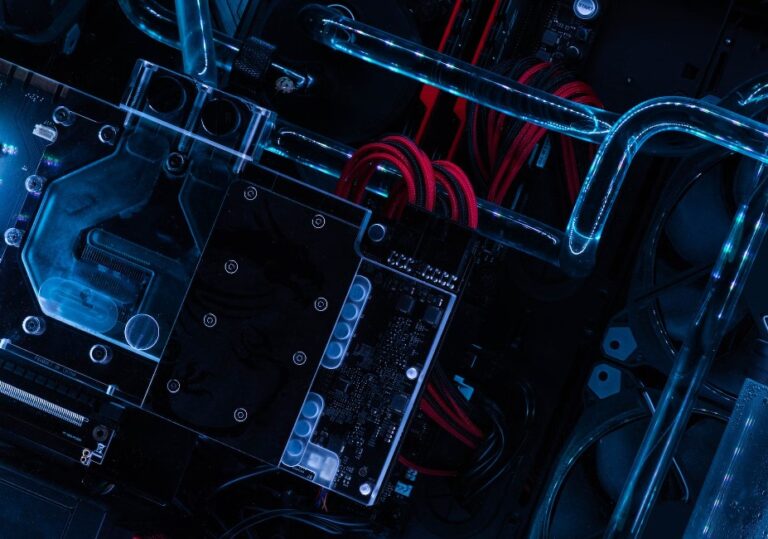In the realm of technology and complex systems, the term “black box model” has gained prominence, referring to systems or algorithms whose internal workings are not easily transparent to external observers. These models find applications across various fields, catering to a diverse range of users and offering numerous benefits. This article delves into the concept of black box models, explores their users, and highlights the advantages they bring to different domains.
The term “black box” emphasizes the lack of visibility into the internal workings of the system. While black box models can be highly effective in certain applications, they may raise concerns in contexts where interpretability, transparency, or accountability is crucial, such as in sensitive decision-making processes or applications with ethical implications.
Researchers and practitioners are actively working on developing methods to make complex models more interpretable and explainable, addressing the challenges associated with black box models in various fields.
Table of Contents
Users of Black Box Models
1. Machine learning practitioners
– Data Scientists: In the realm of machine learning, practitioners often leverage black box models for their predictive power. Algorithms like deep neural networks excel at tasks such as image recognition and natural language processing, making them indispensable in various applications.
– Engineers: Those working on complex control systems or autonomous vehicles may employ black box models to optimize performance. These models enable the efficient handling of intricate dynamics without requiring a deep understanding of every subsystem.
2. Software developers
– Quality assurance teams: Black box testing is a common practice in software development. QA teams focus on evaluating the functionality of a system without delving into the intricacies of the underlying code. This ensures that the software meets specified requirements and behaves as expected.
3. Policy makers and analysts
– Risk analysts: In finance and insurance, black box models may be employed to assess risks and make predictions. While the models may be complex, their ability to analyze vast datasets and identify patterns aids in decision-making.
4. End users
– Consumers: Everyday users encounter black box models in various applications, from recommendation systems on streaming platforms to virtual assistants. These models enhance user experience by providing personalized content and responses.
Benefits of Black Box Models
1. Predictive power: Black box models often outperform simpler, more interpretable models in terms of predictive accuracy. This makes them invaluable in tasks where complex patterns need to be identified, such as in image recognition, language translation, and fraud detection.
2. Efficiency and automation: In engineering and control systems, black box models enable the automation of intricate processes. They can adapt to changing conditions and optimize performance without requiring constant manual intervention.
3. User experience and personalization: End users benefit from black box models through personalized experiences. Recommendation algorithms, for instance, analyze user behavior and preferences, delivering content tailored to individual tastes.
4. Handling complexity: In fields like finance and healthcare, where datasets are vast and intricate relationships exist, black box models can handle complexity more effectively than traditional methods. They excel in identifying non-linear patterns and hidden correlations.
Key challenges associated with Black Box Models
1. Interpretability: One of the primary challenges with black box models is their lack of interpretability. Understanding how a model arrives at a specific decision or prediction can be complex, especially in deep neural networks and other sophisticated algorithms.
2. Explainability: Related to interpretability is the challenge of explainability. Users, stakeholders, and regulatory bodies often require explanations for decisions made by models, especially in areas where accountability and transparency are crucial. Ensuring that black box models can provide meaningful explanations for their outputs is an ongoing research area.
3. Bias and fairness: Black box models can inadvertently perpetuate or even exacerbate biases present in the training data. If the training data is biased, the model may learn and reproduce those biases in its predictions. This can lead to unfair or discriminatory outcomes, particularly in applications like hiring, lending, or criminal justice where ethical considerations are paramount.
4. Robustness: Black box models may be sensitive to slight changes in input data, leading to a lack of robustness. Adversarial attacks, where small, carefully crafted modifications to input data can cause the model to make incorrect predictions, are a particular concern. Ensuring the robustness of black box models is a critical challenge.
5. Data privacy: The use of complex models may raise concerns about data privacy. In some cases, these models may inadvertently memorize sensitive information from the training data, posing risks to privacy when deploying the model in real-world scenarios. This is particularly relevant in healthcare and other domains where personal information is involved.
Finding the right balance
In the ever-evolving landscape of technology, black box models stand as powerful tools, offering efficiency, predictive prowess, and user-centric experiences.
Their applications span across industries, impacting everything from artificial intelligence to everyday software applications.
As technology continues to advance, finding the right balance between complexity and interpretability will be crucial in maximizing the benefits of black box models for a wide range of users.
Read also: What is the economic impact of artificial intelligence?












